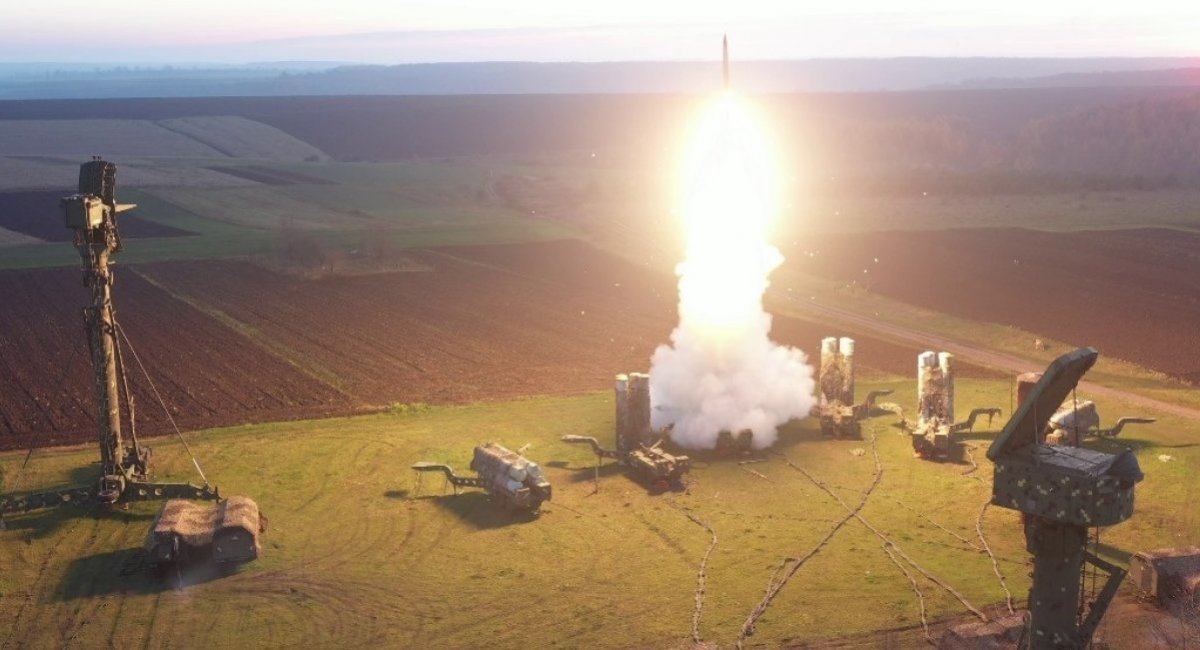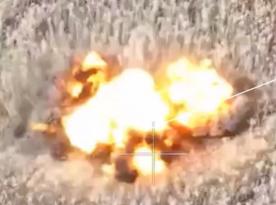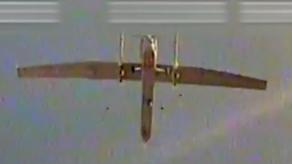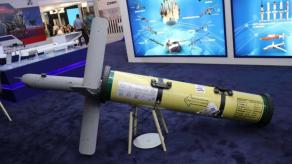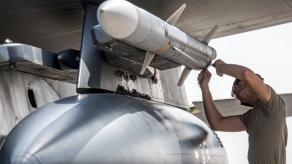Yesterday, September 6th, 2024, delegates from almost 50 countries gathered for the 24th meeting of the Ukraine Defense Contact Group at the Ramstein Air Base in Germany. Opening the event was the speech from the U.S. Secretary of Defense, Lloyd Austin. Alongside stating that the U.S. has allocated more than $200 million to purchase components for drones and EW systems, Austin mentioned:
"With help from several European companies, the United States is working with Ukraine to design and build a substitute for the S-300 surface-to-air missile system and the R-27 air-to-air missile."
Read more: How Can Over 80,000 CRV-7 Rocket Engines That Canada Plans to Send to Ukraine Be Useful?
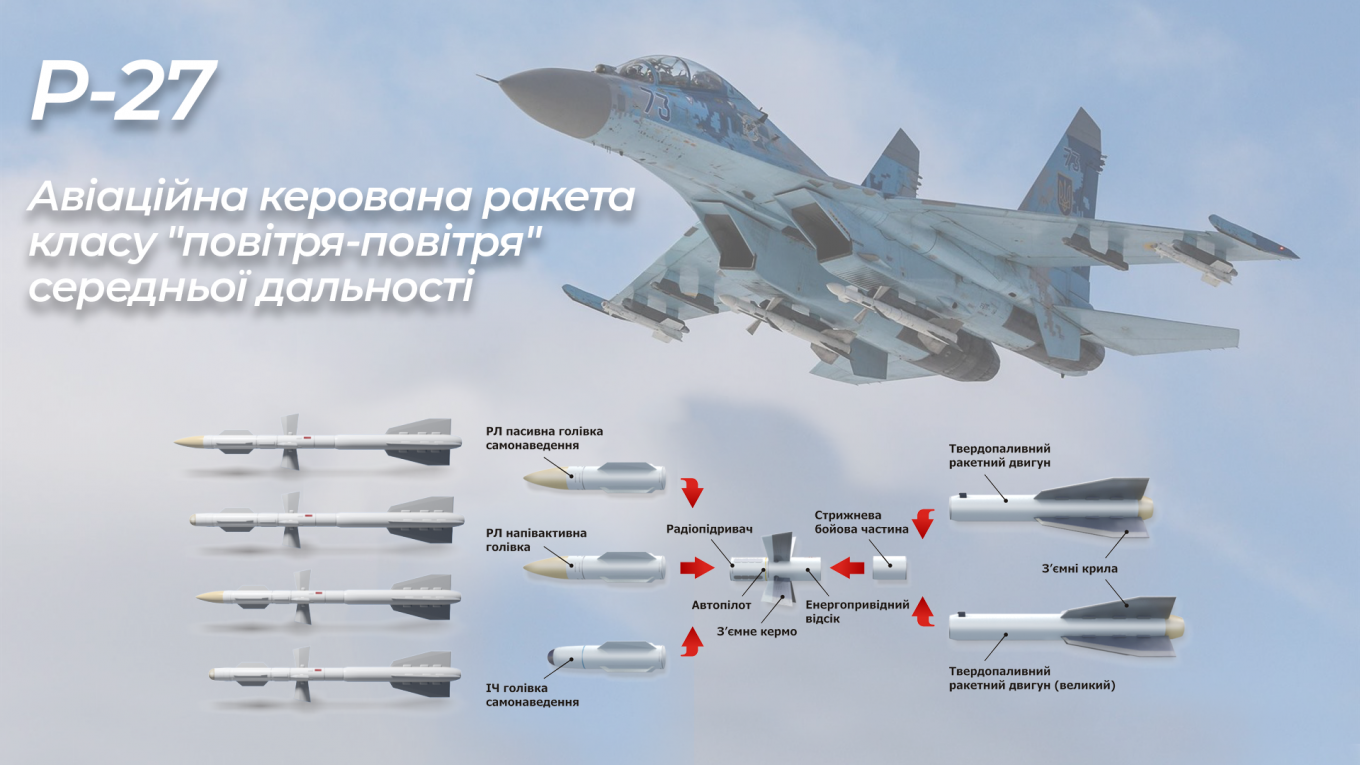
Defense Express notes that a prospective replacement for the S-300 and R-27 has a positive side as it can strengthen important segments of Ukraine's air defense. On the other hand, however, the statement also suggests that Ukraine may have to rely on Soviet-type aircraft for much longer before it can get a modern fleet of Western fighters. It also presumes that the supplies of Western air defense equipment won't be enough to satisfy the demand amidst the russian aerial attacks campaign.
The configuration of the "substitute" air defense systems remains undisclosed, and Lloyd Austin's speech became, in fact, the first public mention that such work is being carried out. Still, we can make assumptions based on the indirect data that was made public earlier, especially since there have been a few projects in this field announced previously.
In early March 2023, there were reports of ongoing attempts to reconfigure Ukrainian MiG-29 fighter jets to be compatible with AIM-120 air-to-air missiles, which can fire in the "fire-and-forget" mode. As Defense Express noted back then, such an adaptation would necessitate that 60% of the on-board equipment of MiG-29 fighters are modified, all while the remaining service life of the airframe stays limited.

Apparently, the task turned out to be even more difficult in practice, forcing the U.S. engineers to look toward creating a whole new type of air-to-air missile that would feature the "fire-and-forget" mode and be simpler to integrate with Ukrainian MiG-29 or Su-27 aircraft.
As for the substitute for the S-300, there may be multiple different options: one is to create a new system from scratch and the other is to use some of the unfinished developments of Ukraine's domestic defense industry. For example, the SD-300 project from the Luch Design Bureau, where 70% of the elements were taken from the Neptune anti-ship missile system, or the Kilchen prospective long-range ADS from the Pivdenne Design Bureau. Another candidate that shouldn't be left out is the Coral air defense missile, both ground- and ship-launched, from Luch — theoretically, it could be also used in the air-to-air mode.
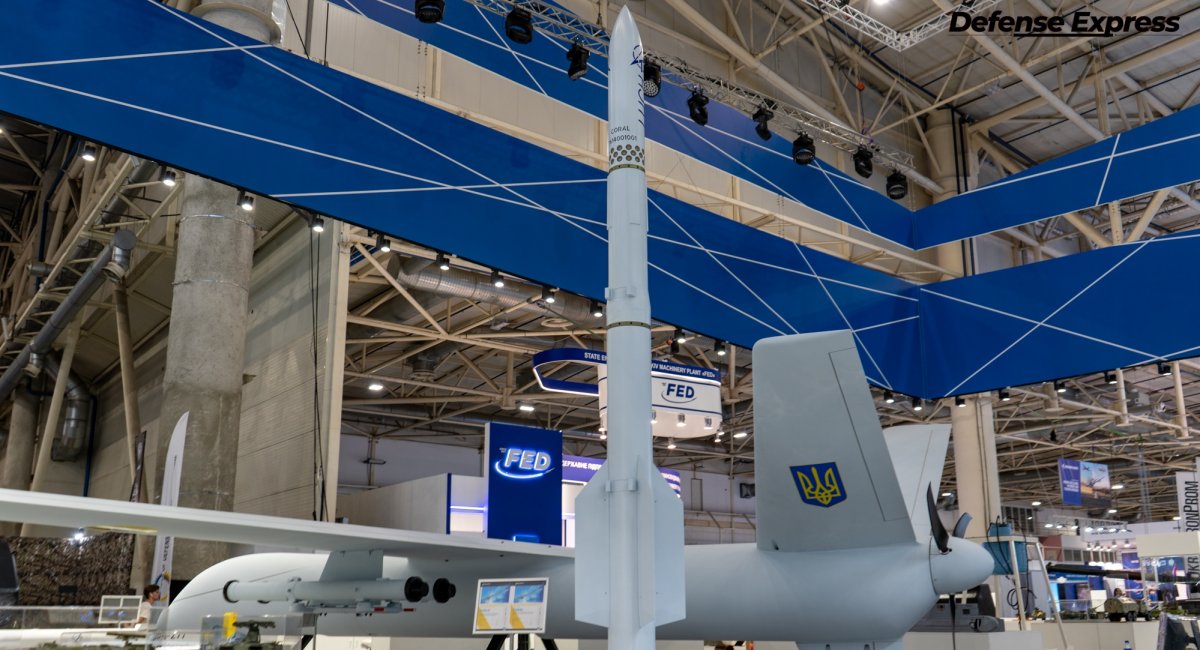
Read more: How 650 British LMM Missiles Will Bolster Ukraine’s Defense



